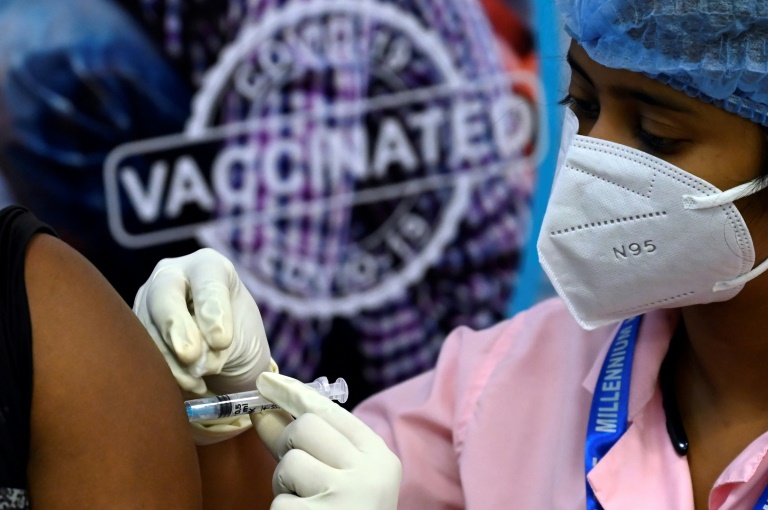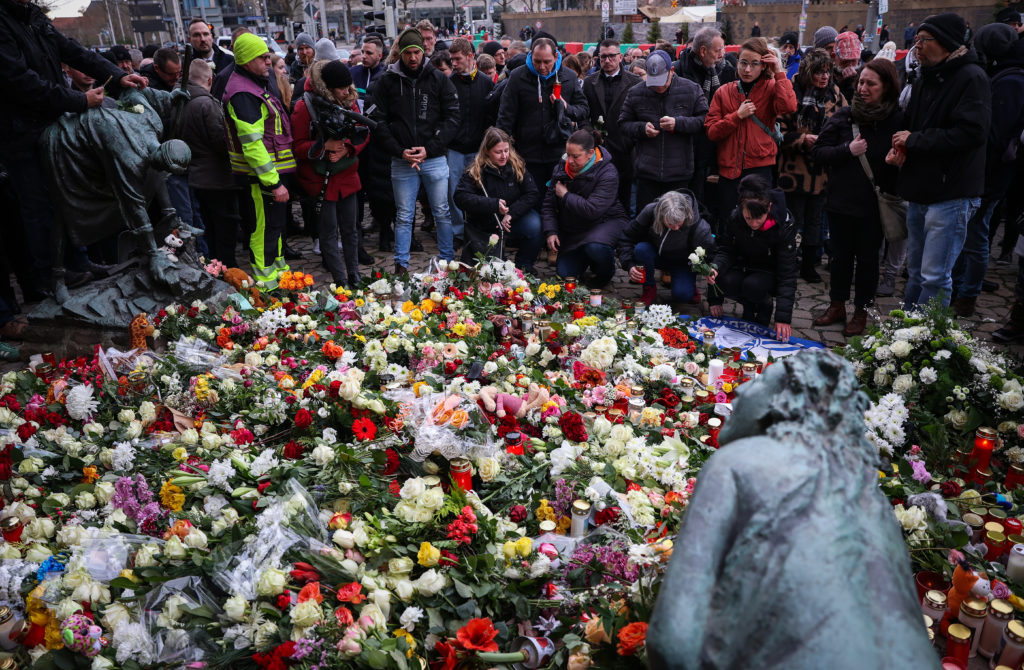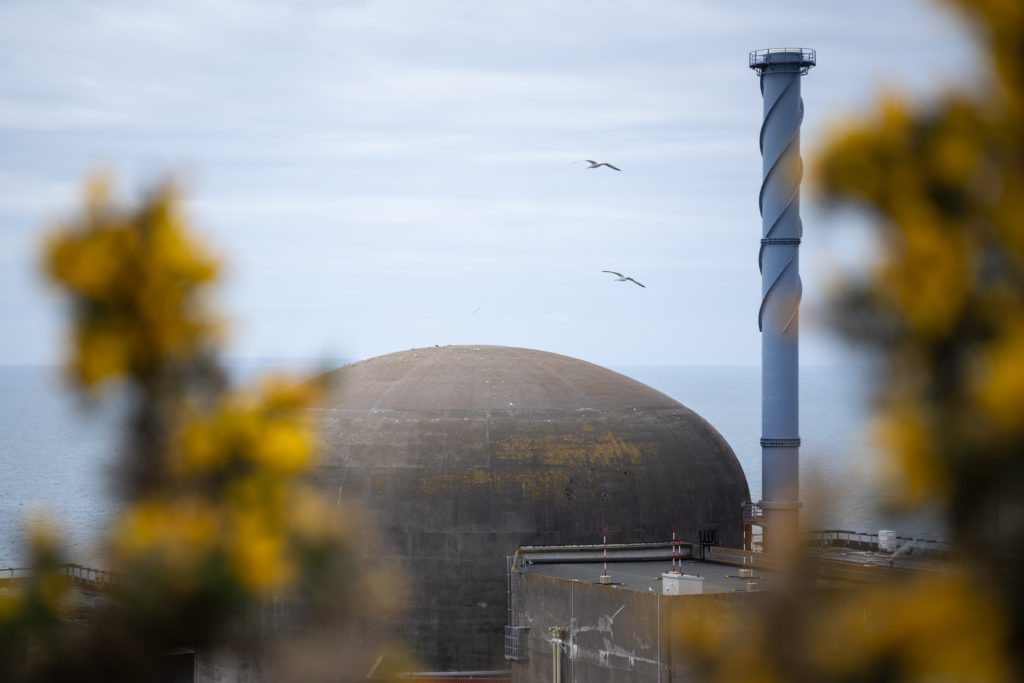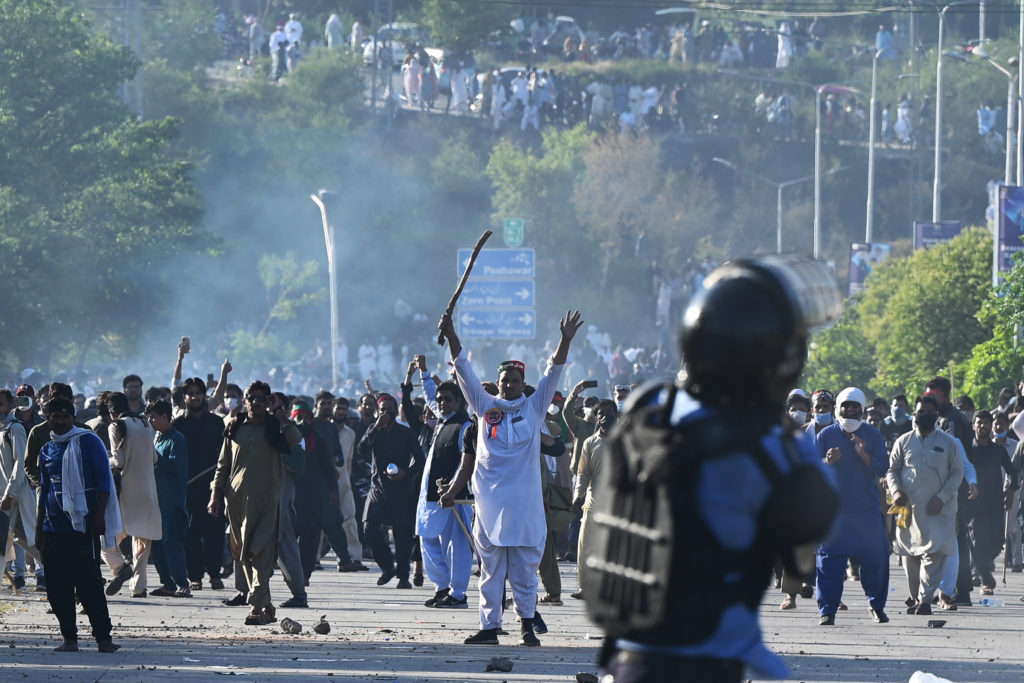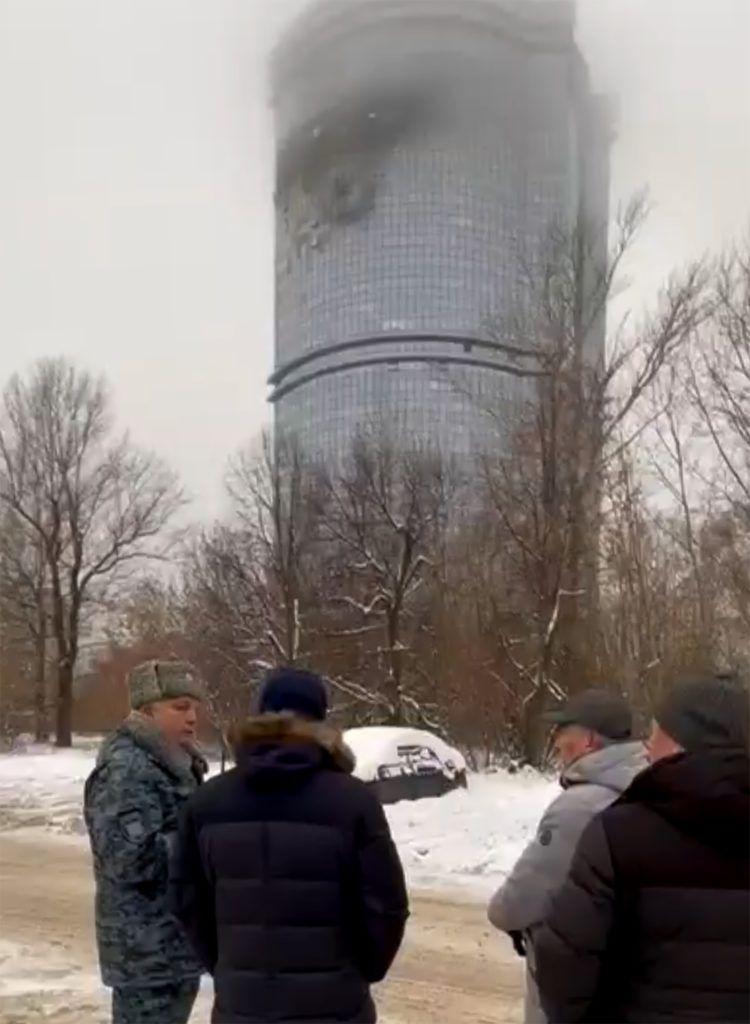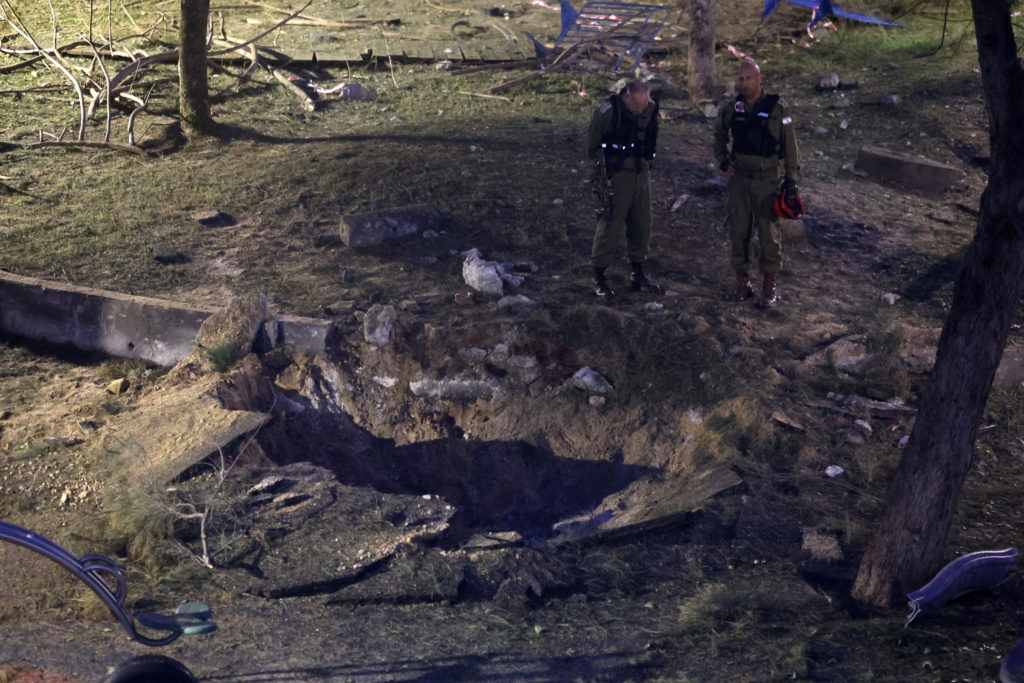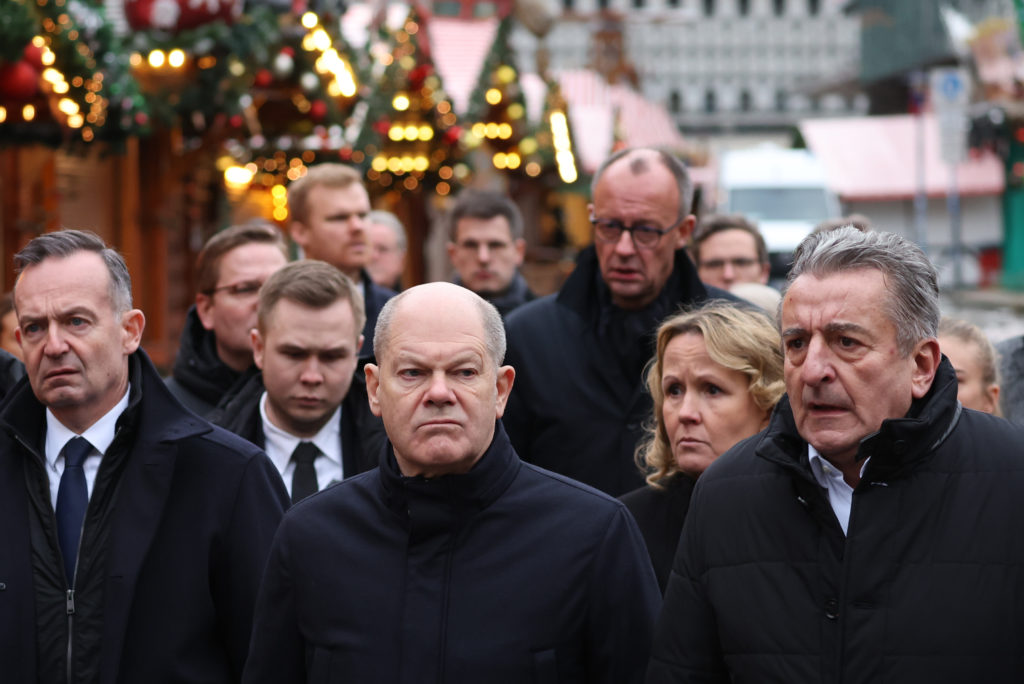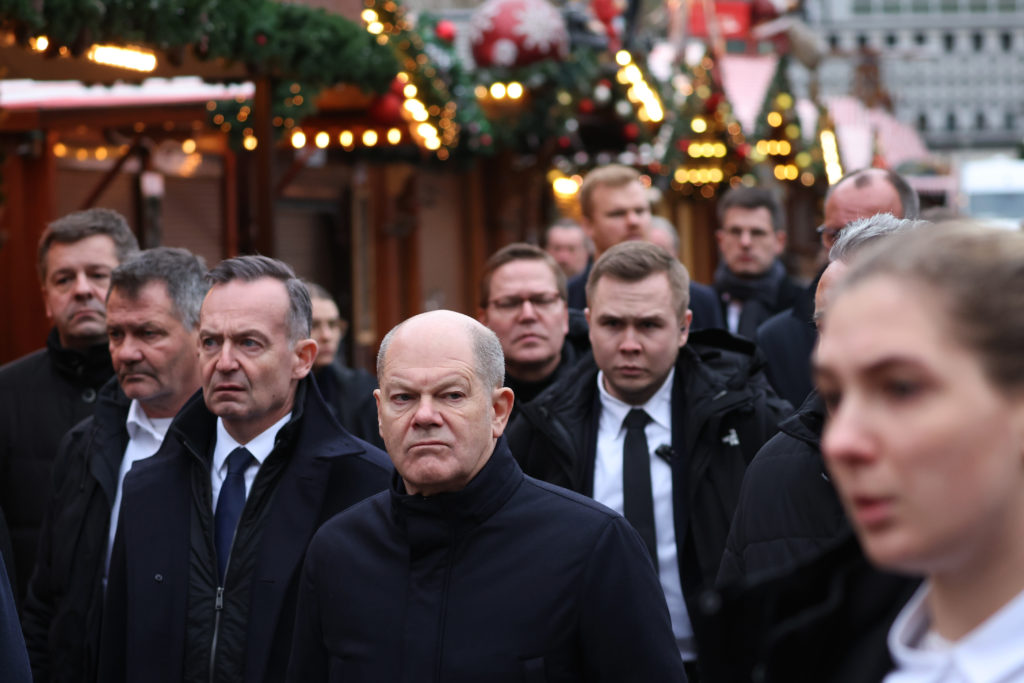The European Union on Wednesday agreed to lift coronavirus restrictions for US travellers as Western countries move toward a return to pre-Covid life, but in a stark reminder that the global pandemic is far from over, Moscow ordered mandatory jabs over a “dramatic” rise in infections.
The United States was among eight countries and territories added to an EU “white list”, exempting them from Covid-19 travel bans ahead of the busy summer holiday season critical to the economies of many European countries.
EU states will still be able to choose to require travellers from these areas to undergo Covid-19 testing or undergo a quarantine once the new list is approved.
Albania, North Macedonia, Serbia, Lebanon, Taiwan, Macau and Hong Kong have also been added to the EU white list, officials said.
France meanwhile said masks would no longer be required outdoors from Thursday and that an unpopular Covid curfew would be scrapped on June 20, 10 days earlier than initially planned, thanks to falling infections.
“The health situation of our country is improving faster than we expected,” said Prime Minister Jean Castex.
On the economic front, Spain and Portugal became the first EU countries to win Brussels’ approval Wednesday for their recovery plans seeking funding from the bloc’s multi-billion-euro coronavirus rescue fund.
But in a less positive development, an interim analysis of the Covid-19 vaccine being developed by Germany’s CureVac was shown to be just 47 percent effective.
The company blamed the “unprecedented context of at least 13 variants” circulating among the 40,000 people included in the study, which spans 10 countries.
– Curbs fall coast to coast –
Despite the setback for CureVac, rapid inoculation campaigns using other vaccines have allowed wealthy countries to reinstate freedoms not seen for months.
Covid restrictions have been loosened across the US, with New York City and the state of California lifting nearly all curbs.
“We have hit 70 percent vaccination,” New York Governor Andrew Cuomo said on Tuesday. “It means that we can now return to life as we know it.”
Governor Gavin Newsom told Californians that they could ditch their masks nearly everywhere, except for schools, hospitals and public transport.
Cruise company Royal Caribbean said however that it is pushing back the scheduled July 3 maiden voyage of a new ship from a Florida port by almost a month after eight crew members tested positive for Covid-19.
It said the test results came after the staff was vaccinated but before the shots were fully effective.
In India, where soaring infections in April and May overwhelmed hospitals and crematoriums, authorities reopened the famed Taj Mahal monument on Wednesday.
Cases have declined in recent weeks, with several major cities including New Delhi and Mumbai easing restrictions.
Thailand meanwhile said it planned to fully reopen to foreign visitors in four months.
– ‘Dramatic’ rise in Moscow –
But in a grim reminder that the global pandemic is far from over after claiming 3.8 million lives, Moscow Mayor Sergei Sobyanin warned that the city’s “coronavirus situation continues to unfold dramatically”.
He ordered compulsory vaccinations for Muscovites working in the service industry as he urged renewed efforts to achieve mass immunity.
Sobyanin, whose city of around 12 million is the epicentre of Russia’s coronavirus outbreak, said just 1.8 million residents had been inoculated.
This is despite Russia having launched a mass campaign of free jabs last December and having developed and approved four vaccines.
In South Africa, meanwhile, Covid-19 infections jumped by 13,246 on Wednesday — the highest daily total in five months, the government said.
President Cyril Ramaphosa has extended a nighttime curfew and limited alcohols sales in a bid to contain a third wave of infections.
Other countries are moving ahead with big events, but trying to limit risks as much as possible.
Japan, which will next month finally host the delayed 2020 Olympics, said on Wednesday that it planned to set a cap of 10,000 fans at sports events.
The plan, expected to become official later this week, would limit spectators to 50 percent of a venue’s capacity or 10,000 people — whichever is smaller, said Yasutoshi Nishimura, the minister in charge of virus measures.
Saudi Arabia is meanwhile leaning on technology as it prepares for a socially distanced Hajj pilgrimage.
Robots are being used to hand out bottles of sacred water in Mecca, Islam’s holiest city, which is set to welcome 60,000 vaccinated pilgrims in July.
burs-lc/kjl/caw

